I still remember the wave of sensations that came over me on Saturday 19 November 2011 as I watched the Spanish premiere of Le Grand Macabre, a György Ligeti opera from 1978 that, today, represents a cornerstone in the history of music. The event was held at Barcelona’s Teatro del Liceu, a venue which, given the country’s political circumstances, I may cease to consider Spanish at some point in the future. It was a La Fura dels Baus production. The event would have been little more than another entry in the musical almanacs, were it not for the fact that it took place during the blackout period for the early elections held on 20 November, which had been called on 28 July in that same year. In the opera world, where programmes are set years in advance, fate had caused the electoral event to coincide with the premiere of a work which is highly critical of politics. It was already clear, moreover, that the ferocity of the economic crisis would lead the right wing to power just hours after the performance, as indeed it did, and this heightened the atmosphere in the hall still further.
In 2018, another early election meant that the Spanish premiere of Der Diktator by E. Krenek at Seville’s Teatro de la Maestranza, scheduled almost two years earlier, coincided with the end of campaigning for the Andalusian elections at a critical moment in European and Spanish politics. But not only that – it also coincided with the debate on Catalan independence still on the table, the territorial conflict caused by Brexit for those working in Gibraltar but living on the border with La Línea de la Concepción (Cádiz province), and the rise of fascism hanging over our heads. This time, I was directing the production.
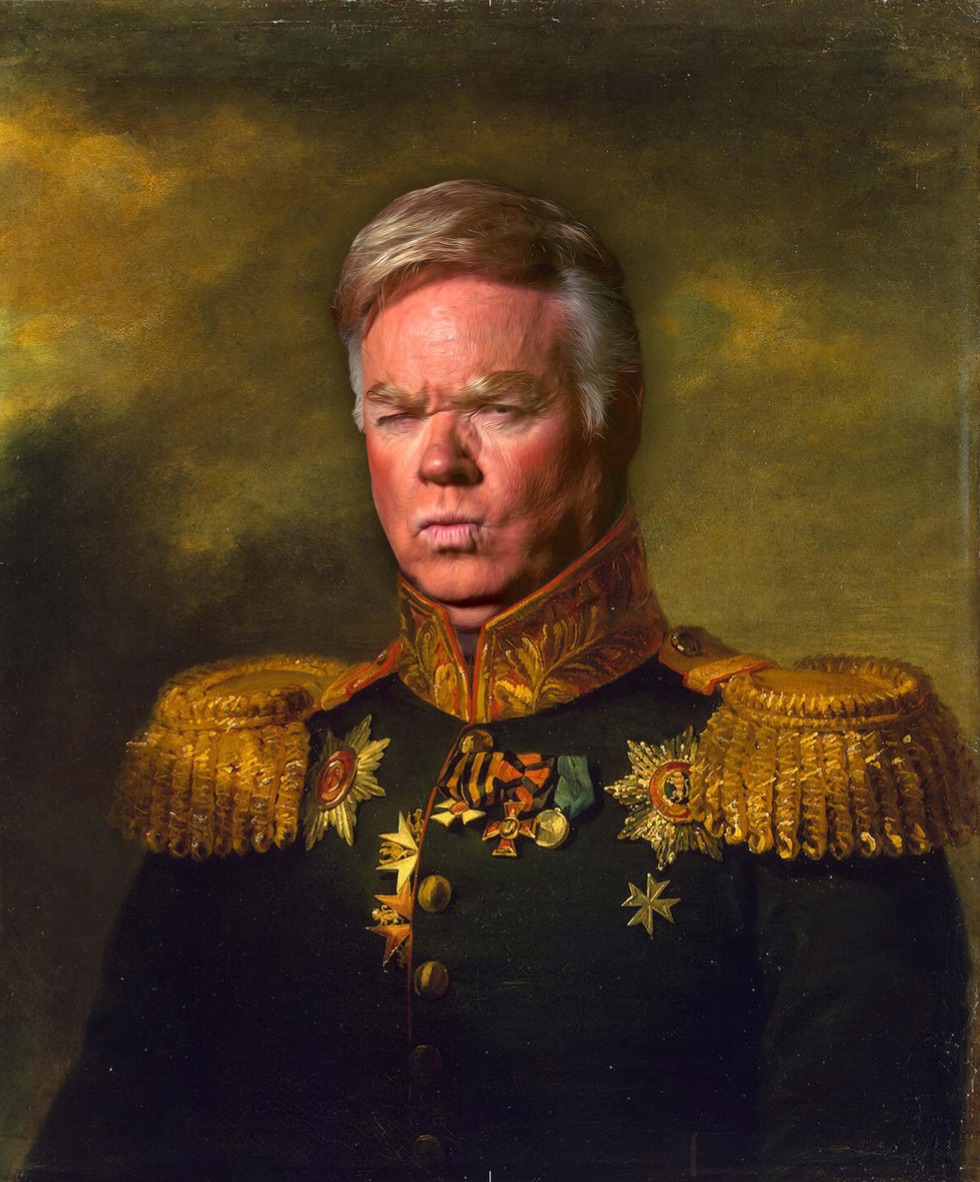
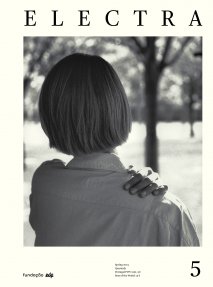
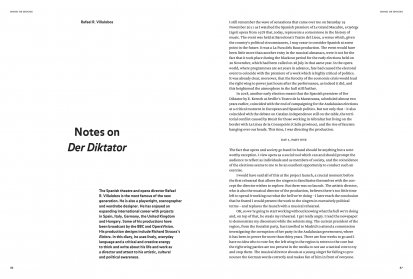
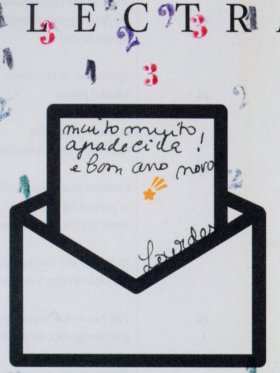
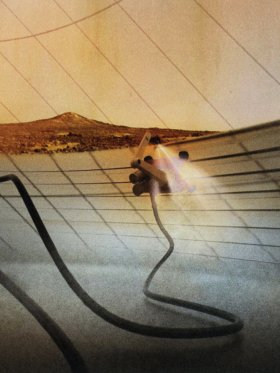

Share article